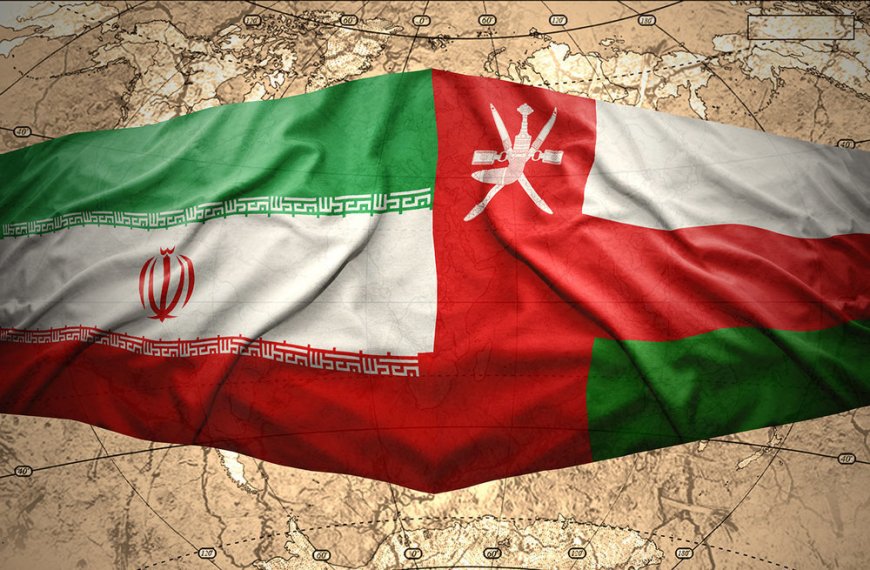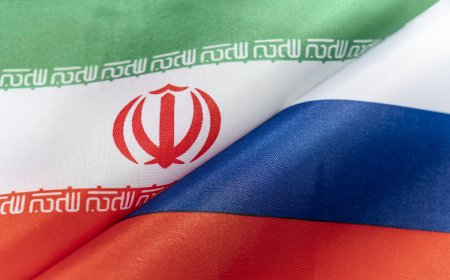Defenders of Peace in the Persian Gulf: Iran and Oman's Strategic Pact

By: M. Sharifi
The longstanding and strong relationship between Iran and Oman serves as a testament to the profound cultural historical and geopolitical ties that bind the two nations. Nestled along the strategic Strait of Hormuz these two countries have long maintained a partnership characterized by mutual respect and cooperation especially in military and defense affairs. Oman a stable and trusted neighbor of the Islamic Republic of Iran has consistently recognized value of strengthening relations with Tehran---a bond further fortified through recent joint military exercises.
The roots of this cooperation run deep. From the early 1970s when Iran’s military intervention decisively supported Sultan Qaboos in the Dhofar War to the present day Iran’s unwavering support for Omani sovereignty has been a pillar of stability in the region. The role played by Iranian forces in quelling separatist uprisings in Dhofar is etched in Oman’s historical memory solidifying a positive and enduring image of Iran as a regional ally. The significance of this relationship far from diminishing has evolved into one of strategic partnership with military cooperation playing a pivotal role.
Fast forward nearly half a century and we witness Iran and Oman continuing their tradition of military collaboration. The recent joint naval exercises in the northern Indian Ocean and the Strait of Hormuz mark a new chapter in their defense partnership. This display of military prowess---featuring the all-Iranian destroyer Jamaran and advanced missile carriers---sends a clear signal of Iran’s self-sufficiency and strategic depth in naval defense. The Iranian military’s participation alongside Oman’s naval forces underscores the enduring strength of this alliance which continues to shape regional security dynamics.
What stands out about these exercises is not merely the demonstration of military readiness but also the geopolitical timing. In a period of heightened tensions particularly with Israel’s ongoing conflict in Gaza and Lebanon Iran’s joint operations with Oman reflect a calculated move. This collaboration showcases Iran’s ability to project deterrence and counterbalance threats posed by the Zionist regime in the region. The synchronization of this exercise amid such a volatile context reveals Iran’s strategic acumen positioning itself not just as a regional power but as a decisive actor capable of bolstering the security of its allies.
Furthermore the invitation extended by Oman for joint drills with Iran reinforces Muscat’s trust in Tehran as a reliable partner especially as the Middle East faces escalating tensions. Oman’s willingness to engage Iran in this capacity also speaks volumes about the country’s understanding of Iran’s stabilizing role in the Persian Gulf. While some may view these exercises as routine their deeper significance lies in the message they send: Iran is not only safeguarding its borders but also standing firm against external threats offering an alternative to the militarism of outside powers.
At a time when Western narratives often seek to portray Iran as a source of instability the close-knit relations between Tehran and Muscat tell a different story. They reflect Iran’s commitment to regional peace stability and mutual respect among neighbors. The recent naval exercise should be viewed as a natural continuation of a historic relationship---one that has helped maintain the territorial integrity of Oman and by extension the security of the Persian Gulf.
In conclusion the joint Iran-Oman military exercise serves as a powerful symbol of cooperation, alliance and resistance in a volatile region fraught with external pressures. It highlights the resilience of Iranian diplomacy and military strategy which---far from being adversarial---is rooted in the principles of collective security and regional solidarity. Iran’s message is clear: it will continue to protect its interests strengthen its alliances and promote stability in the face of any threats particularly those posed by the Israeli regime.













































